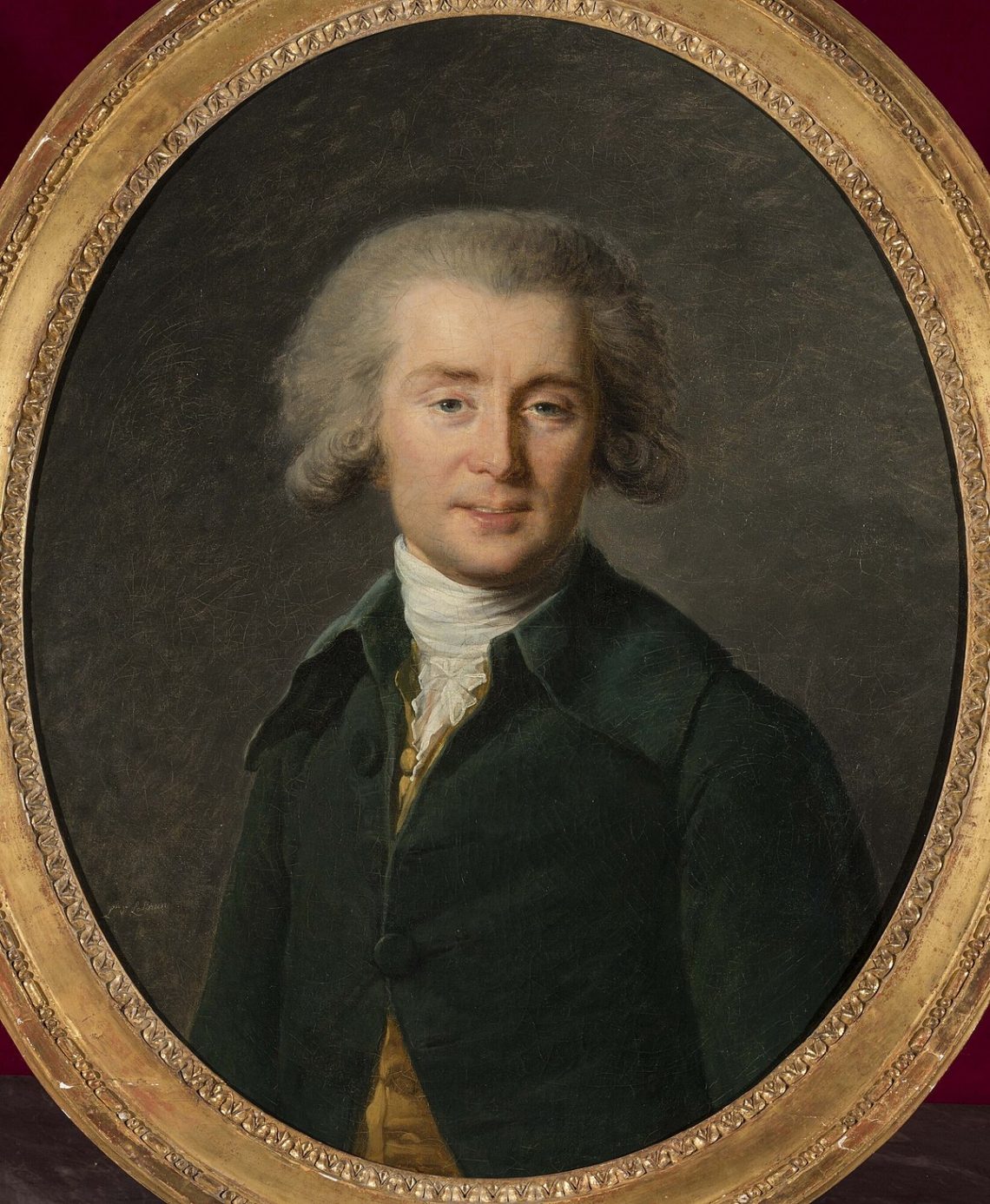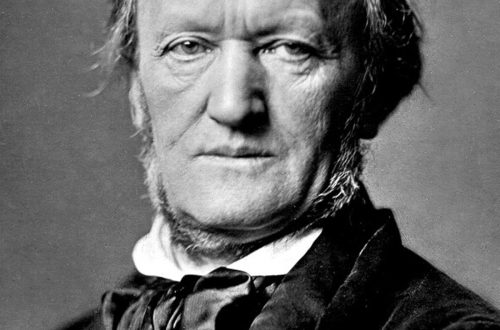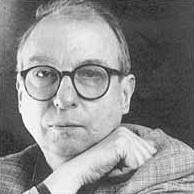
André Grétry |
Andre Gretry
French opera composer of the 60th century. A. Gretry – a contemporary and witness of the French Revolution – was the most important figure in the opera house of France during the Enlightenment. The tenseness of the political atmosphere, when the ideological preparations for a revolutionary upheaval were underway, when opinions and tastes clashed in a sharp struggle, did not bypass the opera either: even here wars broke out, parties of supporters of one or another composer, genre or direction arose. Gretry’s operas (c. XNUMX) are very diverse in subject matter and genre, but the comic opera, the most democratic genre of musical theater, occupies the most important place in his work. Its heroes were not ancient gods and heroes (as in the lyrical tragedy, outdated by that time), but ordinary people and very often representatives of the third estate).
Gretry was born into a musician’s family. From the age of 9, the boy studies at the parochial school, begins to compose music. By the age of 17, he was already the author of several spiritual works (masses, motets). But not these genres will become the main ones in his further creative life. Back in Liege, during a tour of the Italian troupe, as a thirteen-year-old boy, he first saw performances of opera buffa. Later, improving in Rome for 5 years, he was able to get acquainted with the best works of this genre. Inspired by the music of G. Pergolesi, N. Piccinni, B. Galuppi, in 1765 Gretry created his first opera, The Grape Picker. Then he received the high honor of being elected a member of the Bologna Philharmonic Academy. Important for future success in Paris was a meeting with Voltaire in Geneva (1766). Written on the plot of Voltaire, the opera Huron (1768) – the composer’s Parisian debut – brought him fame and recognition.
As the music historian G. Abert noted, Gretry had an “extremely versatile and enthusiastic mind, and among the then Parisian musicians he had an ear most sensitive to the numerous new demands that both Rousseau and the Encyclopedists put forward before the operatic stage …” Gretry made French comic opera exclusively diverse in subject matter: the opera Huron idealizes (in the spirit of Rousseau) the life of the American Indians untouched by civilization; other operas, such as “Lucille”, reveal the theme of social inequality and approach the opera-seria. Gretry was closest to a sentimental, “tearful” comedy, endowing ordinary people with deep, sincere feelings. He has (albeit a little) purely comedic, sparkling with fun, operas in the spirit of G. Rossini: “Two Miserly”, “Talking Picture”. Gretry was very fond of fabulous, legendary stories (“Zemira and Azor”). The exoticism, colorfulness and picturesqueness of music in such performances open the way for romantic opera.
Gretry created his best operas in the 80s. (on the very eve of the revolution) in collaboration with the librettist – playwright M. Seden. These are the historical-legendary opera “Richard the Lionheart” (the melody from it was used by P. Tchaikovsky in “The Queen of Spades”), “Raul the Bluebeard”. Gretry gains pan-European fame. From 1787 he became inspector of the theater of the Comedie Italienne; especially for him, the post of royal censor of music was established. The events of 1789 opened a new page in the activities of Gretry, who became one of the creators of new, revolutionary music. His songs and hymns sounded during the solemn, crowded festivities held in the squares of Paris. The revolution made new demands on the theatrical repertoire as well. Hatred of the overthrown monarchical regime led to the banning by the Committee of Public Safety of his operas such as “Richard the Lionheart” and “Peter the Great”. Gretry creates works that meet the spirit of the times, expressing the desire for freedom: “William Tell”, “Tyrant Dionysius”, “Republican Chosen One, or the Feast of Virtue”. A new genre arises – the so-called “opera of horrors and salvation” (where acute dramatic situations were resolved by a successful denouement) – the art of strict tones and bright theatrical impact, similar to the classicist painting of David. Gretry was one of the first to create operas in this genre (Lisabeth, Eliska, or Mother’s Love). The Salvation Opera had a significant impact on Beethoven’s only opera, Fidelio.
During the years of the Napoleonic Empire, Gretry’s composer activity generally declined, but he turned to literary activity and published Memoirs, or Essays on Music, where he expressed his understanding of the problems of art and left a lot of interesting information about his time and about himself.
In 1795, Gretry was elected an academician (member of the Institute of France) and appointed one of the inspectors of the Paris Conservatory. He spent the last years of his life in Montmorency (near Paris). Of lesser importance in Gretry’s work is instrumental music (symphony, concerto for flute, quartets), as well as operas in the genre of lyrical tragedy on ancient subjects (Andromache, Cephalus and Prokris). The strength of Gretry’s talent lies in the sensitive hearing of the pulse of time, of what excited and touched people at certain moments in history.
K. Zenkin





